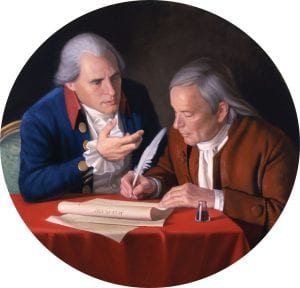
Who Proposed the Great Compromise? Their so-called Great Compromise (or Connecticut Compromise in honor of its architects, Connecticut delegates Roger Sherman and Oliver Ellsworth) provided a dual system of congressional representation. Who Proposed the Great Compromise With the compromise, Sherman ensured that the Constitution would be the best document the…
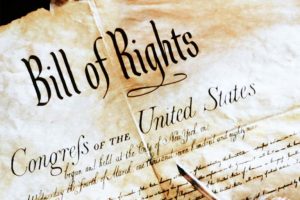
Why is the Bill of Rights important? Because even though many Founding Fathers thought they would be assumed and not need constitutional protection, they could be infringed upon if not guaranteed. Among those who thought that constitutional protection was not necessary was Roger Sherman, an early American lawyer and statesmen,…
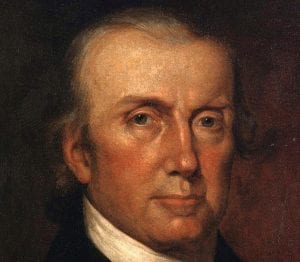
John Taylor was a US Senator and Jeffersonian Republican who lived and served in the generation of the Founding Fathers. Taylor believed “the excrescence of banking” constituted the major crutch for finance capital and the paper aristocracy. Inflation and interest saddled the laborer with unnecessary debt. These taxes were paid…
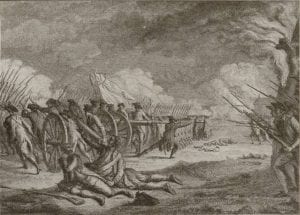
As the gun smoke cleared around Lexington and Concord on 19 April 1775, colonial leaders realized the conflict between the colonies and the British Empire had reached a tipping point. The Continental Congress assembled and asked Thomas Jefferson to draft a petition to the king in the hopes of reconciliation.…
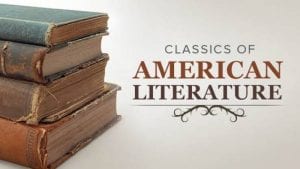
It is a myth that the colonists sought to create a radically new conception of political and civil rights. The popular historian Joseph Ellis has fueled this misinterpretation in his American Creation by concluding that the Declaration of Independence was a “radical document that locates sovereignty in the individual and…
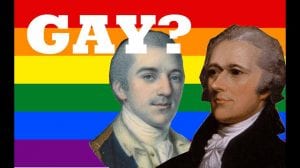
Myth: Alexander Hamilton Was Gay One often gets the impression that myths like this are perpetrated to justify modern moral values. Hamilton certainly had a colorful career and death, but this accusation is based on amateur psychoanalysis and extremely circumstantial evidence. If Hamilton was gay, he certainly did a fine…

Myth: Benjamin Franklin had thirteen to eighty illegitimate children! This myth has been around for a long while, and is even, apparently, perpetuated by tour guides in Philadelphia. In my experience as a professor lecturing students, the image of the balding, portly Franklin as the consummate ladies man incites giggles…
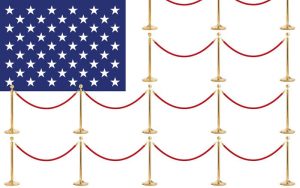
America Is Not a Democracy. Myth: The Founding generation created a democracy From a technical standpoint, America is not a democracy and was never intended to be a democracy. The United States is a republic, and a great number in the Founding generation, if not the majority, classified themselves as…
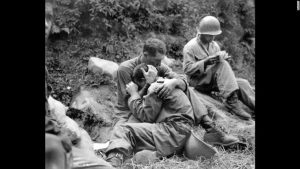
Who was involved in the Korean War, the U.S. Congress or the United Nations? In the Korean War (1950–1953), Communist North Korea—with Stalin’s knowledge and support, we now know—invaded the non-Communist South. Despite a public statement by Secretary of State Dean Acheson in January 1950 that had placed Korea outside…
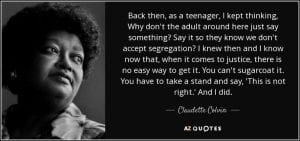
Historical overviews of the civil rights movement of the 1950s and 1960s inevitably focus on certain well-known events: Rosa Parks and the Montgomery bus boycott; the forced integration of Little Rock’s Central High School; the desegregation drive in Birmingham in 1963; and other important episodes. This chapter will focus instead…















